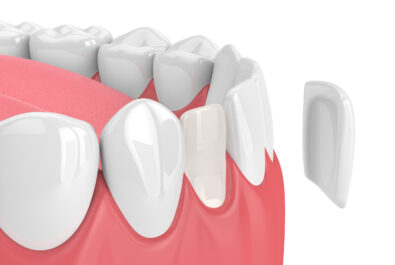Do you have trouble sleeping? For over ten million Americans, obtaining a good night’s rest is nearly impossible. Obstructive sleep apnea, also known as OSA, can cause patients to feel exhausted and develop a high risk of certain serious medical complications. Fortunately, there are treatments available to address the issue without surgery. You can soon rest easy and enjoy an improved quality of life.
Frequently Asked Questions About Sleep Apnea
Question: How does sleep apnea prevent good rest?
Answer: OSA develops when the soft tissue in the back of the throat becomes relaxed and collapses, blocking airflow. The patient then stops breathing. After the brain registers the oxygen deprivation the patient is woken up to start breathing again. Despite having no memory of being woken up, sometimes hundreds of times per night, the patient feels exhausted during the day.
Question: How do I know if I have the disorder?
Answer: Patients with sleep apnea may first notice daytime drowsiness, irritability, and trouble focusing during the day. Eventually, symptoms may also include waking up gasping for air or possibly choking, depression, and chronic snoring. If one or more of these potential warning signs sound familiar then please contact your dentist right away for a diagnosis and to discuss treatment.
Question: What are my treatment options?
Answer: In many cases the issue can be addressed with an oral appliance. Worn at night and similar in appearance to a nightguard, the device moves the jaw forward slightly to keep airways open. The patient then breathes without obstruction.
Question: Do I need to change how I sleep?
Answer: You can take steps to minimize your risk. We recommend sleeping on your side, maintaining a regular sleep schedule (waking and going to bed at the same times each day), avoiding caffeine or alcohol before bed, and keeping your bedroom dark and cool.













